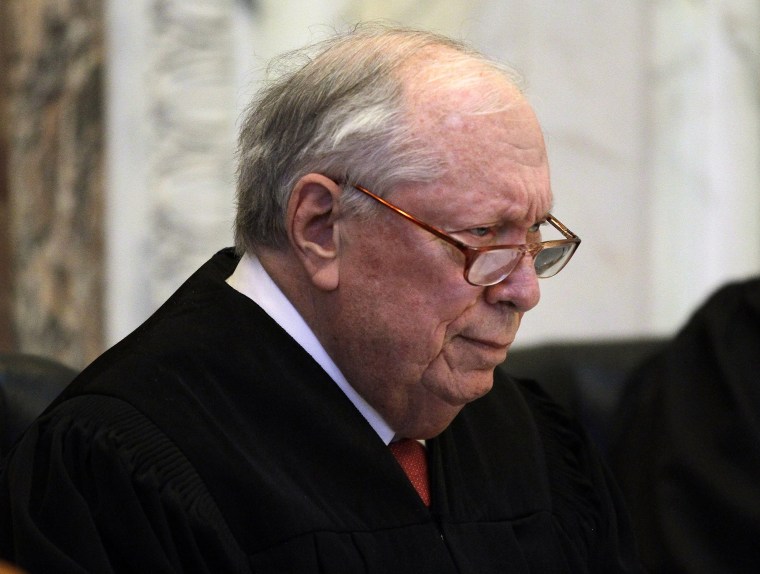The Supreme Court answered a question Monday that, surprisingly, hasn't been resolved before: If a judge dies after voting on a case but before the decision is announced, does the judge's vote count?
The liberal lion of the 9th U.S. Circuit Court of Appeals, Stephen Reinhardt, died March 29, 2018, but his vote was counted in a decision that came out shortly afterward. The case involved an equal pay lawsuit filed by a California teacher. Judge Reinhardt wrote an opinion for the full appeals court, but it wasn't announced until 11 days after his death.
A footnote at the beginning of the appeals court decision said that Reinhardt "fully participated in this case and authored this opinion" and noted that voting by the judges was completed before he died.
But the Supreme Court said Monday it's "generally understood that a judge may change his or her position up to the very moment when a decision is released." In order for a vote to count, a judge must be actively serving on the court when a ruling is rendered. Holding otherwise would have "allowed a deceased judge to exercise the judicial power of the United States after his death."
In an unsigned opinion with no noted dissents, the Supreme Court said, "Federal judges are appointed for life, not for eternity."

